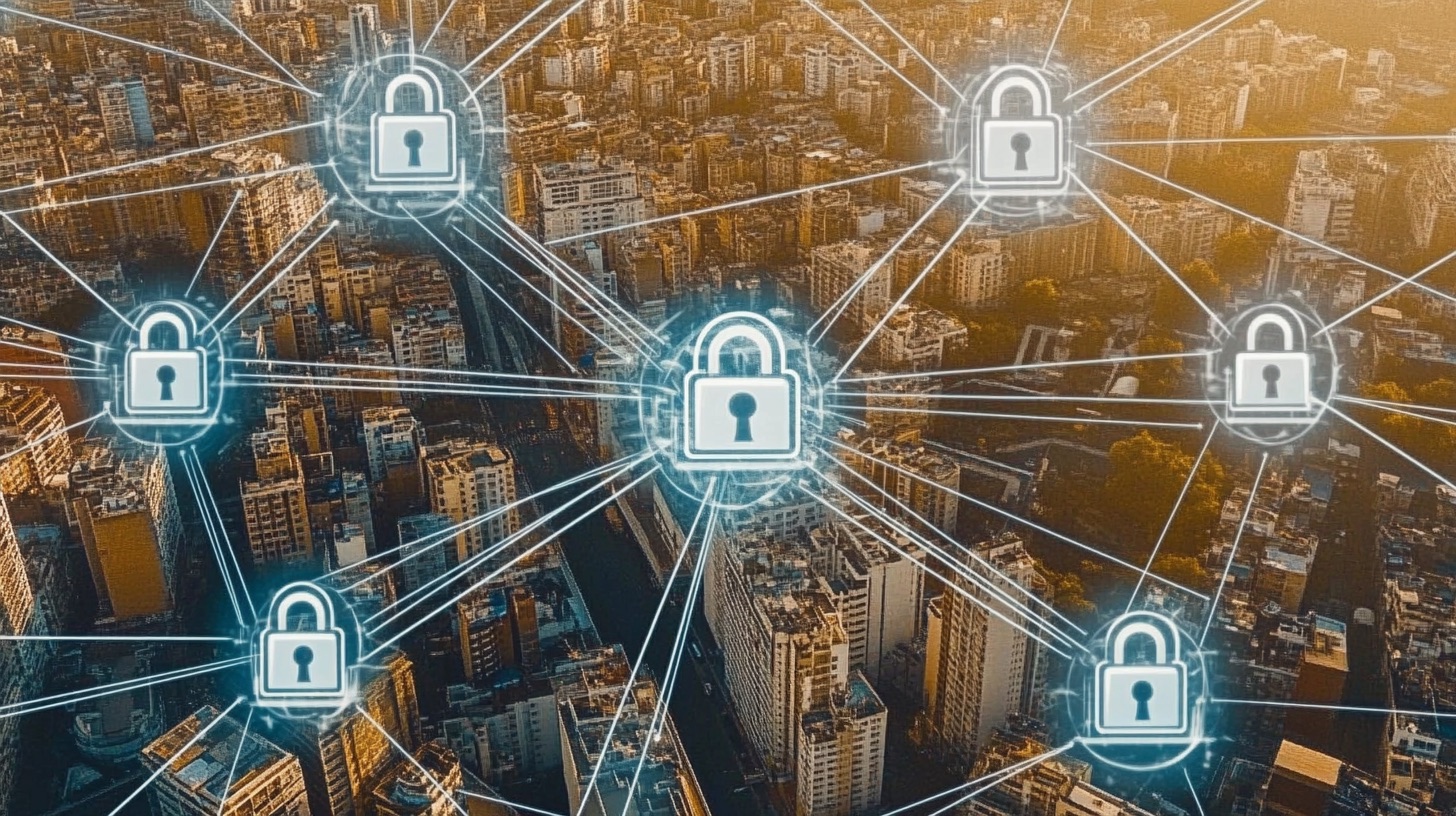Mark Zuckerberg’s recent announcement of sweeping changes to Meta’s content moderation policies marks a critical
Category: Privacy

Documentaries like The Great Hack, Citizenfour, and Risk have become essential viewing. They shine a light on the hidden

AI-driven scams are increasingly sophisticated, utilizing voice cloning and realistic fake content to deceive victims. The FBI warns of these evolving tactics, urging individuals to limit their online exposure and adopt protective measures like “proof of humanity” words. Knowledge and cautious sharing are crucial to safeguard digital identities against these threats.

Privacy International (PI) is dedicated to defending global privacy rights amid evolving technology. Through advocacy, research, and resources like the State of Privacy and Data Protection Guide, PI empowers individuals to combat data exploitation and surveillance. Highlighting privacy as a fundamental human right, PI also supports marginalized communities affected by data misuse.

Safeguarding your privacy online involves taking small, intentional steps rather than drastic changes. Every online action generates data that can be exploited, making even minor adjustments, like using strong passwords or reviewing privacy settings, crucial. By gradually adopting privacy-focused tools and educating yourself, you contribute to a culture that values privacy.
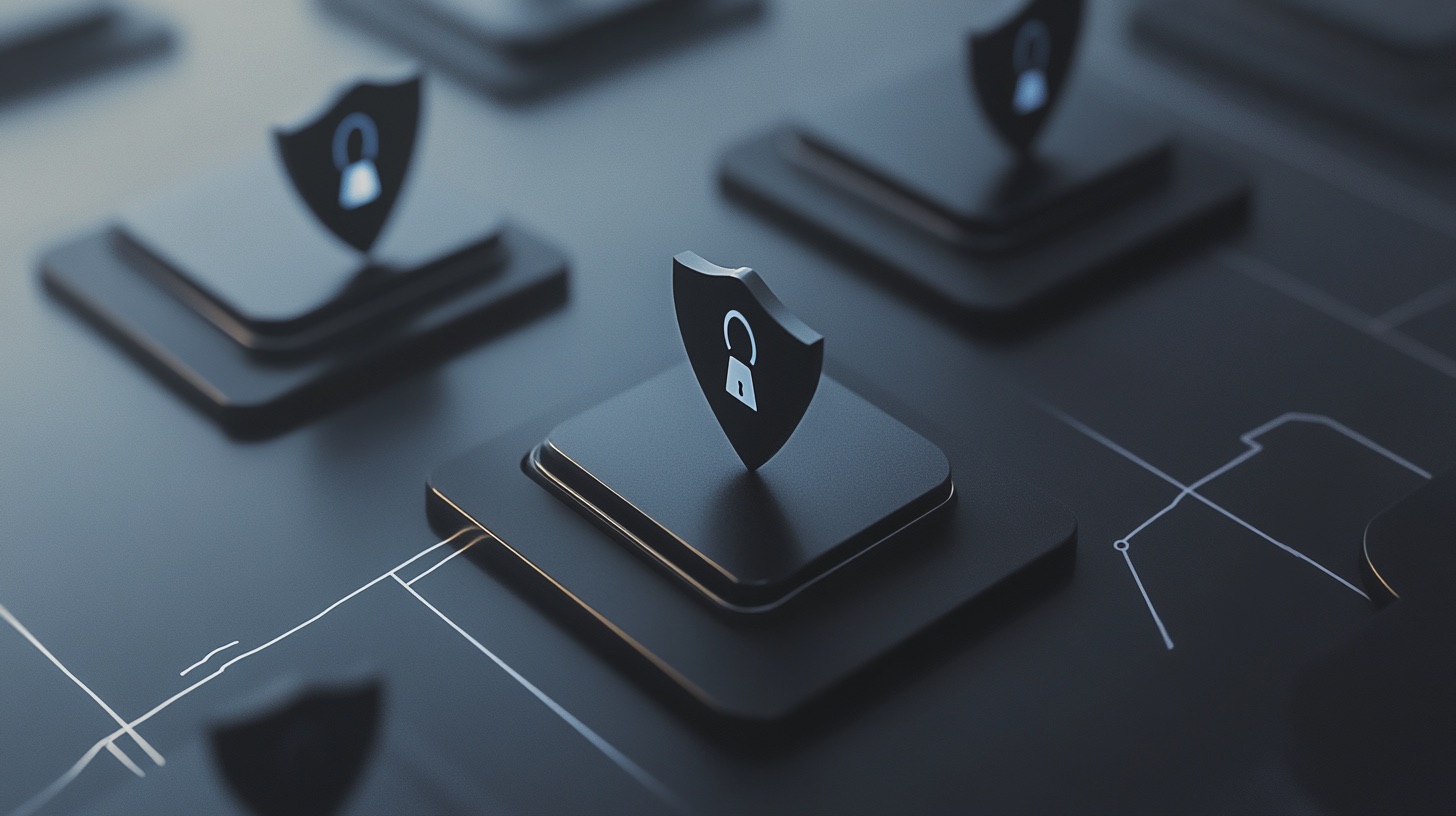
Mobile users are increasingly concerned about location privacy, leading Android and iOS to implement flexible permission settings. Users can manage app access individually, ensuring only necessary apps track precise locations. Regularly reviewing and adjusting permissions enhances privacy, empowering users to control their data effectively across both platforms.
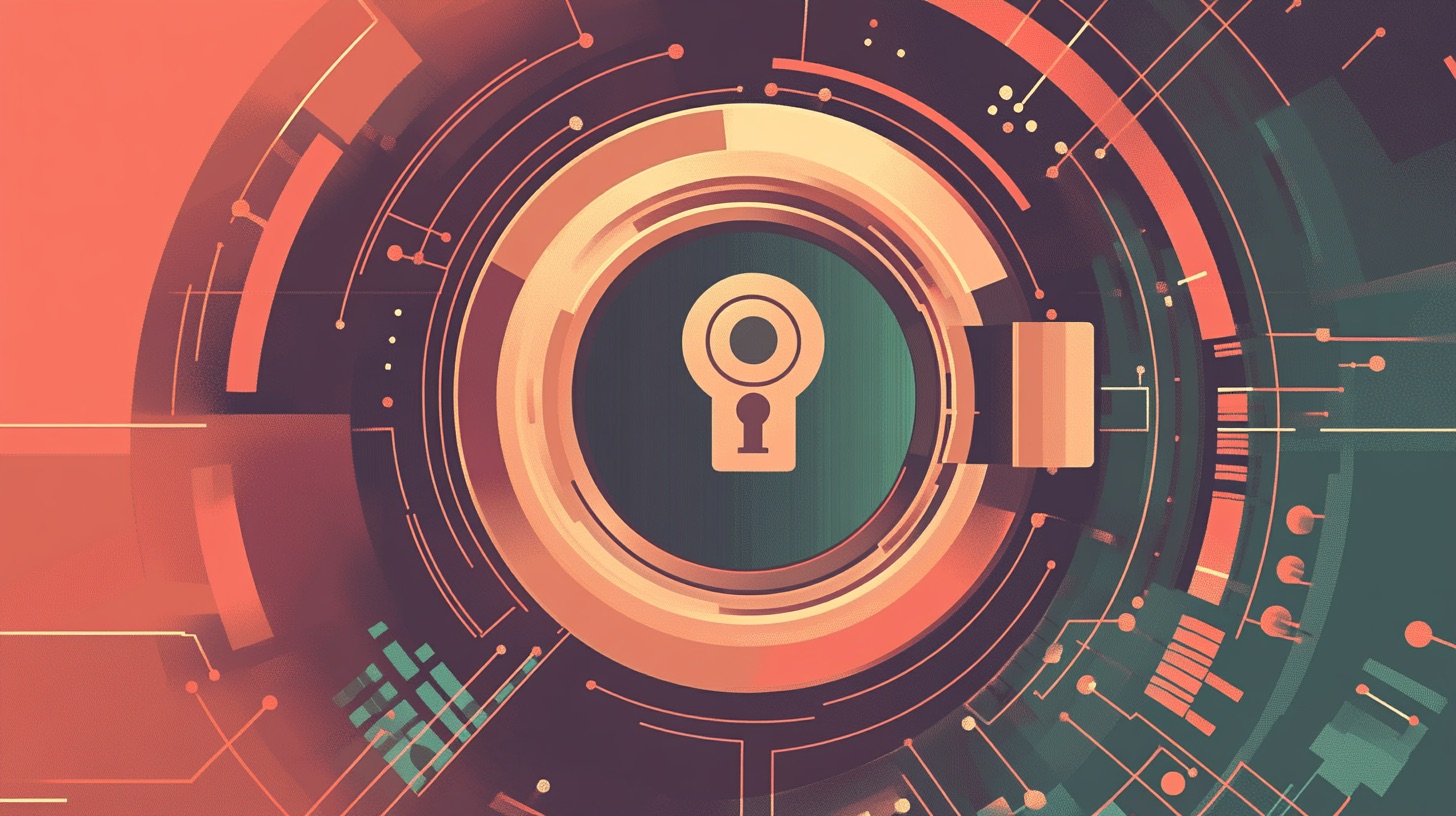
The content emphasizes the importance of protecting personal data, equating it to safeguarding valuable possessions. It highlights the dangers of data weaponization, using the contrasting engagement levels on Bluesky and X as an example. Vigilance and protective measures like VPNs are advocated to ensure data security in 2025 and beyond.
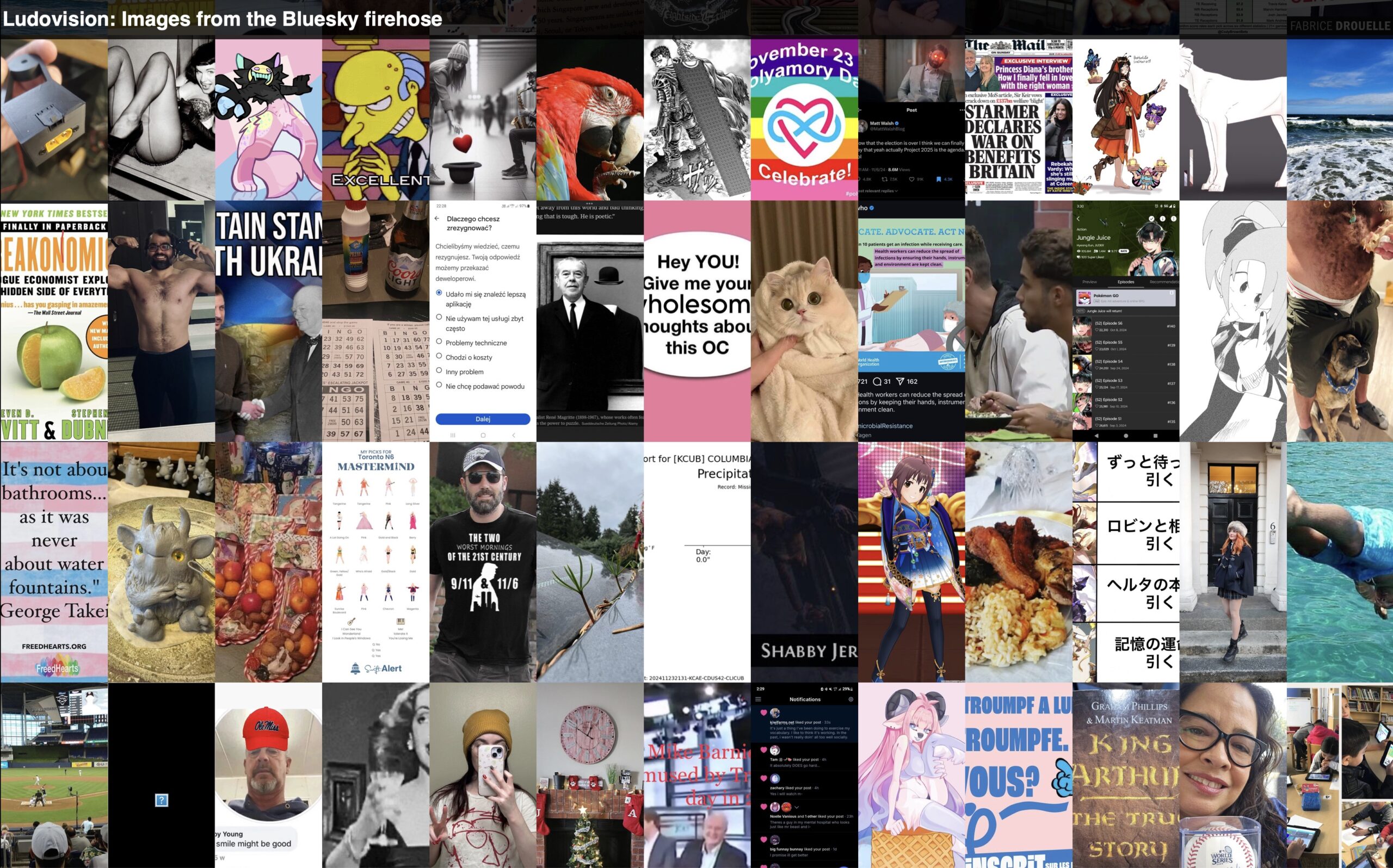
Ludovision, a tool that streams images from Bluesky, reveals the vast digital footprints people leave online. It highlights the illusion of privacy through obscurity, demonstrating that every upload contributes to a public digital trail. Users must recognize the fragility of their online privacy and make intentional choices regarding data sharing.

The Netflix documentary Buy Now: The Shopping Conspiracy reveals how online shopping platforms manipulate consumer behavior through data collection and algorithmic influence. It emphasizes the hidden costs of convenience, notably compromised privacy and the commodification of attention. Viewers are encouraged to shop intentionally, protect their data, and reconsider their consumption habits.

The article highlights the significant risks of passive surveillance through smartphones, emphasizing how personal data is harvested and exploited by data brokers. It outlines the severe implications for privacy, including stalking and identity theft. To enhance privacy, individuals are urged to reset advertising IDs, restrict app permissions, and advocate for legislative reforms.

Take control of your online privacy with one simple change: use TOR. Protect your personal data, reduce your attack surface, and clean up your digital footprint. Not ready for TOR? Try privacy-focused browsers like Safari or Brave and browse in Private Mode by default. Your data is your power—protect it.
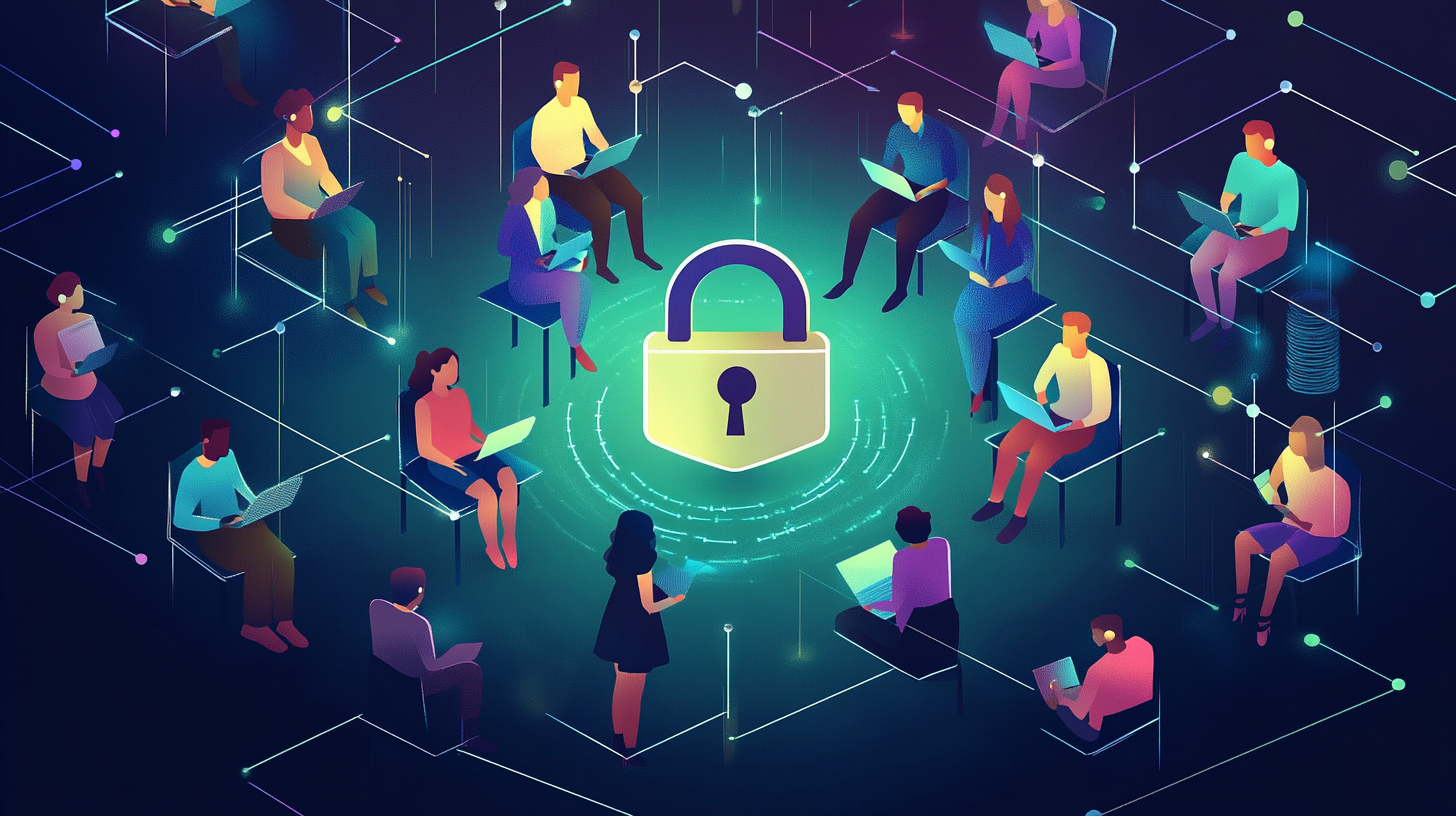
Encryption might sound like something reserved for hackers, spies, and tech experts, but it’s actually


